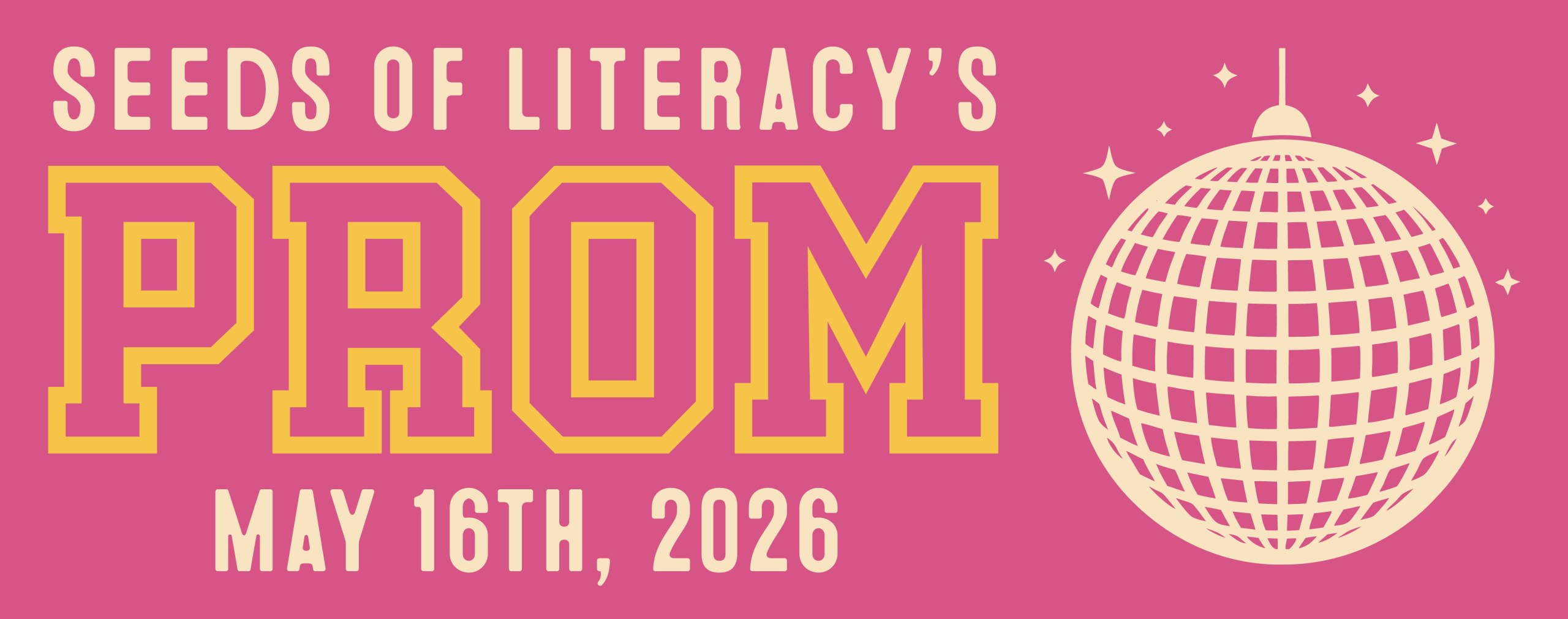Putting Health Literacy into (Your) Practice
MaryAnn Nicolay, MEd, NDTR is a health educator with years of experience in diabetes and chronic disease management. This led to an interest in health literacy as an integral component of helping people self-manage their health. She has volunteered with Seeds of Literacy’s Program Planning & Impact Committee since 2014.
Imagine you are sitting in the doctor’s office. After reviewing you lab results, the doctor tells you that you have diabetes and you need to start taking insulin. All you can think about is that your grandmother had diabetes, took insulin, and ended up having her leg amputated. Your head is spinning as you leave the doctor’s office with a hand full of prescriptions, fear for what might be in your future, and no idea what to do next.
If 66% of adults living in Cleveland have low literacy skills, it is very likely that they will also have low health literacy skills. Knowing “what to do next” is going to be an issue. Even people with good literacy skills may have troubling understanding health information. As health professionals, it is our responsibility to make sure our patients fully understand their health condition.
Here are a few ways we can meet the challenges of health literacy.
- Ask your patient what they know about their health condition. Some patients may be very knowledgeable while others may rely on the doctor or nurse to tell them what to do. This will give you, the health professional, a good starting point.
- Don’t expect that people understand all of the health information you are giving them. Instead, unless you know otherwise, assume that they are at risk for not understanding. Use this as another starting point.
- When faced with a health condition or crisis, most people are very comfortable starting with basic health information. Provide health information and resources that are written in plain language and contain little or no health jargon. When understanding a health term or word is necessary, make sure that it is well defined.
Here are some good resources to help put Health Literacy into (your) practice:
- Ask Me 3: Good Questions for Your Good Health, from the National Patient Safety Foundation
- Sign up for a monthly E-newsletter by Helen Osborne of Health Literacy Consulting at www.healthliteracy.com
- Sign up for monthly tips about using plain language from Communicate Health at communicatehealth.com. Look for We (heart) Health Literacy monthly tips.
Want more on this topic? Read MaryAnn Nicolay’s previous piece on health literacy, Literacy, a Prescription for Good Health.

